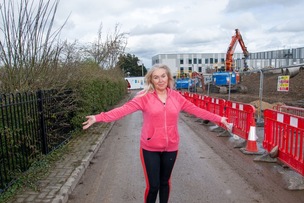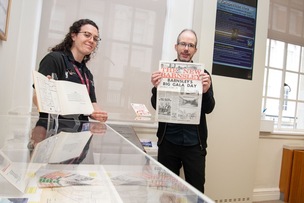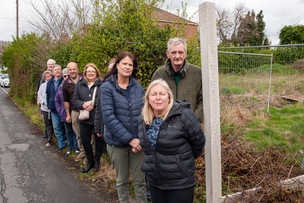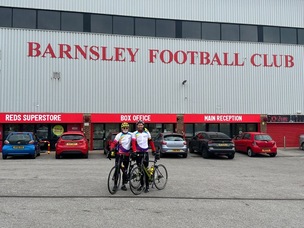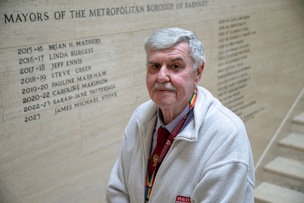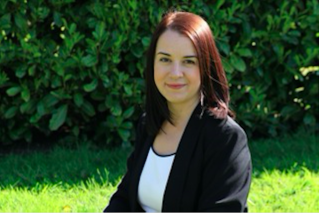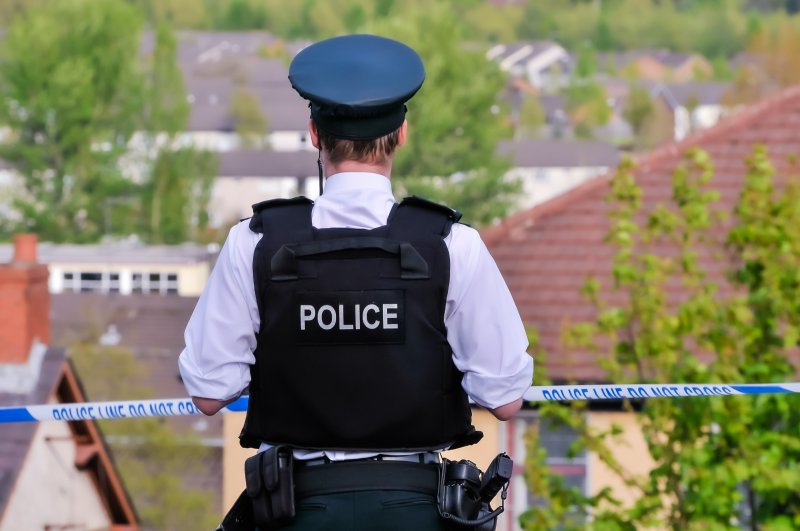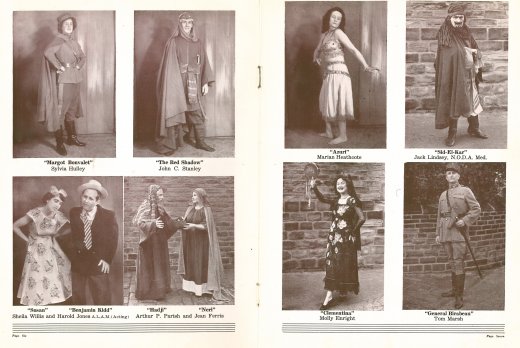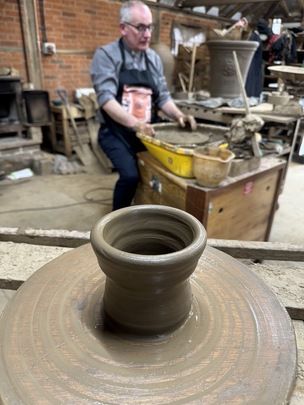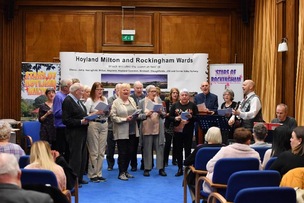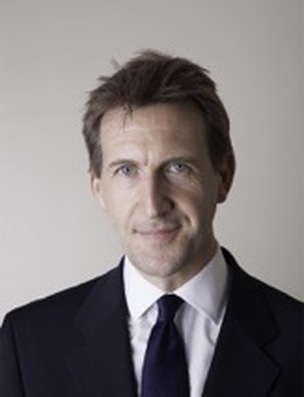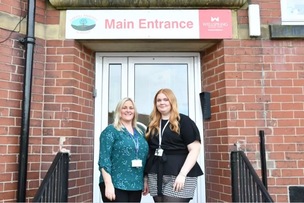Last year, the BBC announced a transformation of their local provision that threatened the existence of beloved local radio services.
Many councillors, MPs and national politicians have been held to account through local radio. The loss of local radio services has put this at risk.
BBC Radio Sheffield has been a great example of this, with presenter Toby Foster holding Sheffield City Council to account over the tree-felling inquiry, which encouraged the Council to issue a full, unreserved apology on the News at Ten.
They also offered super local traffic updates, which is the local granular information and content that people in Barnsley find invaluable. The BBC’s local radio changes saw the output of BBC Radio Leeds, Sheffield and York shared after 2pm on weekdays, and breakfast shows on both Saturday and Sunday are now shared across Yorkshire.
At other times there is now just one programme for the whole of England, meaning that less than half of the programming for each local station is specific to the local area.
The tailored, local programming led by BBC local radio was extremely valuable, connecting communities up and down the country by providing a companionship that prevented isolation and supported people’s mental health.
Age UK states 3 million adults over the age of 55 have never been online. By reducing genuine local news services, the BBC has risked cutting people off from what is happening in their communities.
It is absolutely right that institutions like the BBC modernise in an increasingly digital world, keeping pace with global media giants.
Labour believes in a strong and successful BBC that changes with the times. However, this doesn’t mean that vital, unique services – like local radio – should suffer in the process.
It is one of the BBC’s core public purposes to reflect, represent and serve the diverse communities of all the UK’s regions, but there was no public consultation regarding the changes, and no research was presented about the possible effects of them.
With many visually impaired and disabled people most likely to feel the effects of the changes, the National Federation of the Blind of the UK had even directly requested the BBC’s equality impact assessment and public value test regarding the plans, but the BBC said it was exempt from sharing them.
I joined local papers, the National Union of Journalists, charity groups, and colleagues from across the House in calling on the Director General of the BBC, Tim Davie, to reconsider this decision as a matter of urgency.
I hope the Director General is listening to this strength of feeling inside and outside Parliament and will pause to reflect on the value of local radio to people and preserve the local community connection that the BBC is known for.



